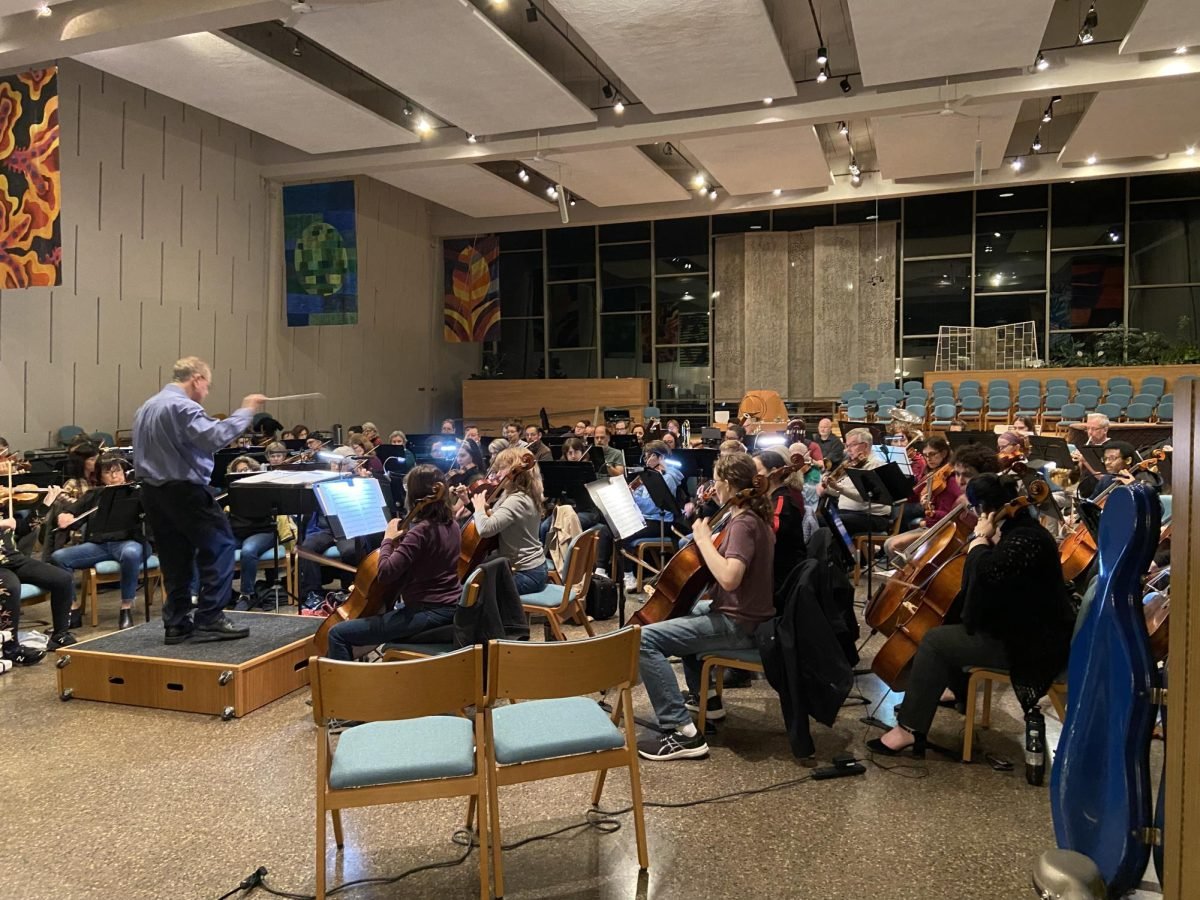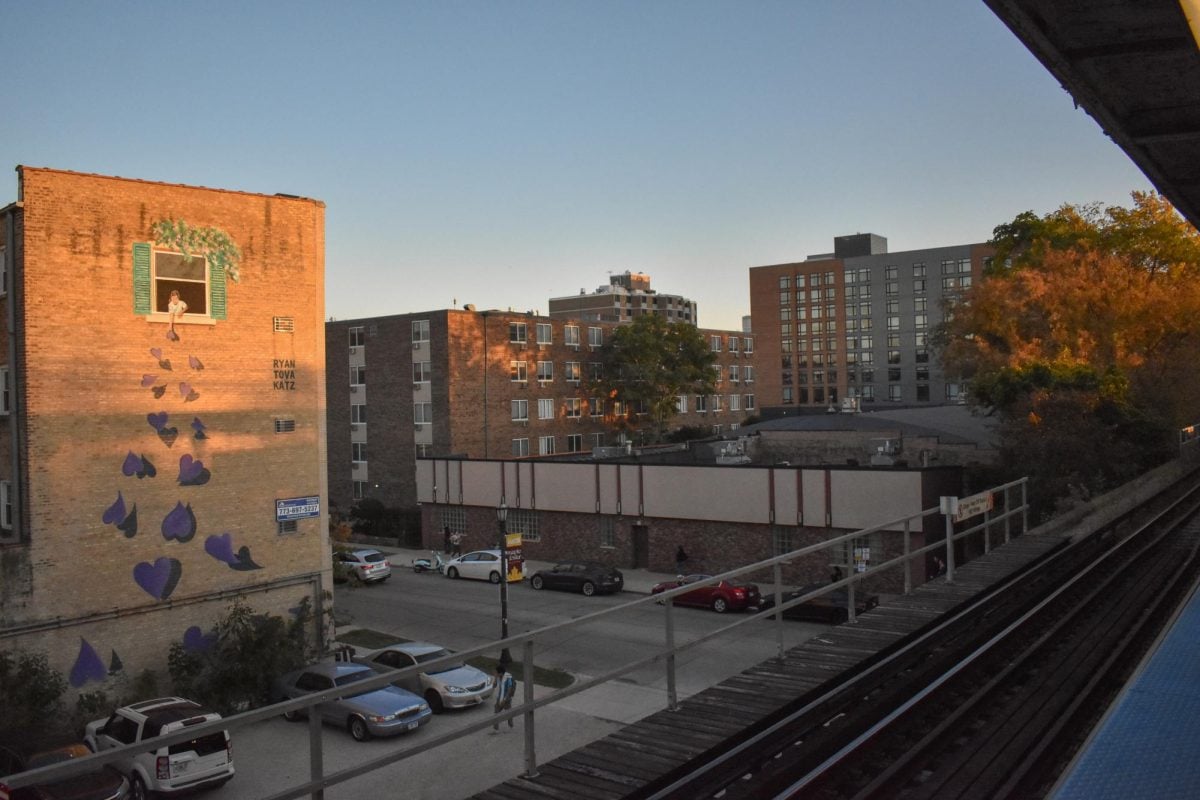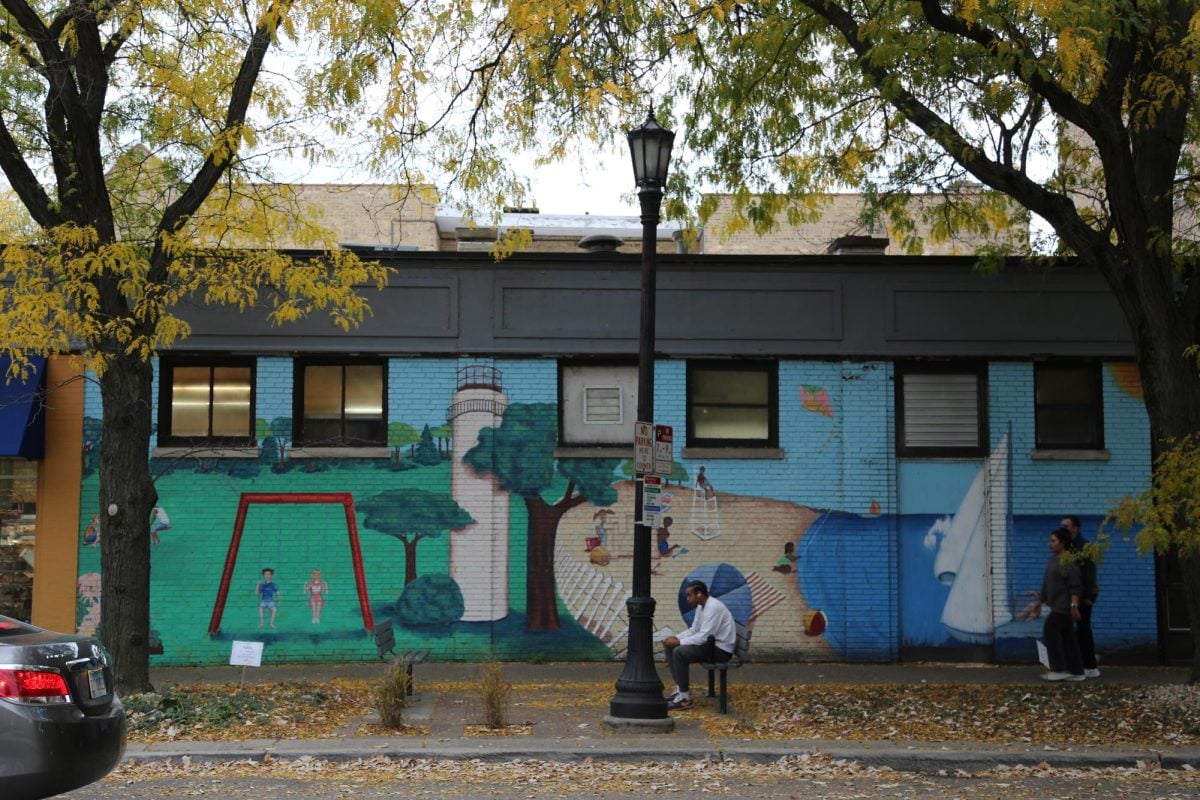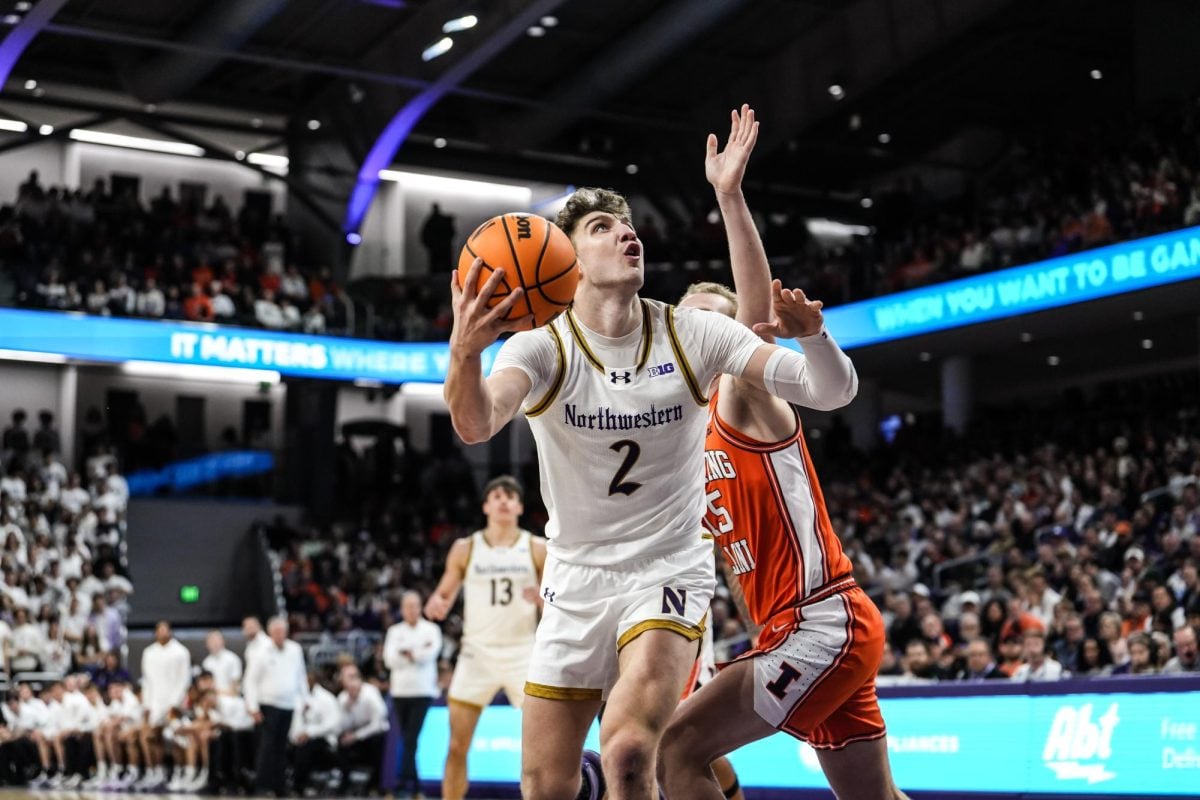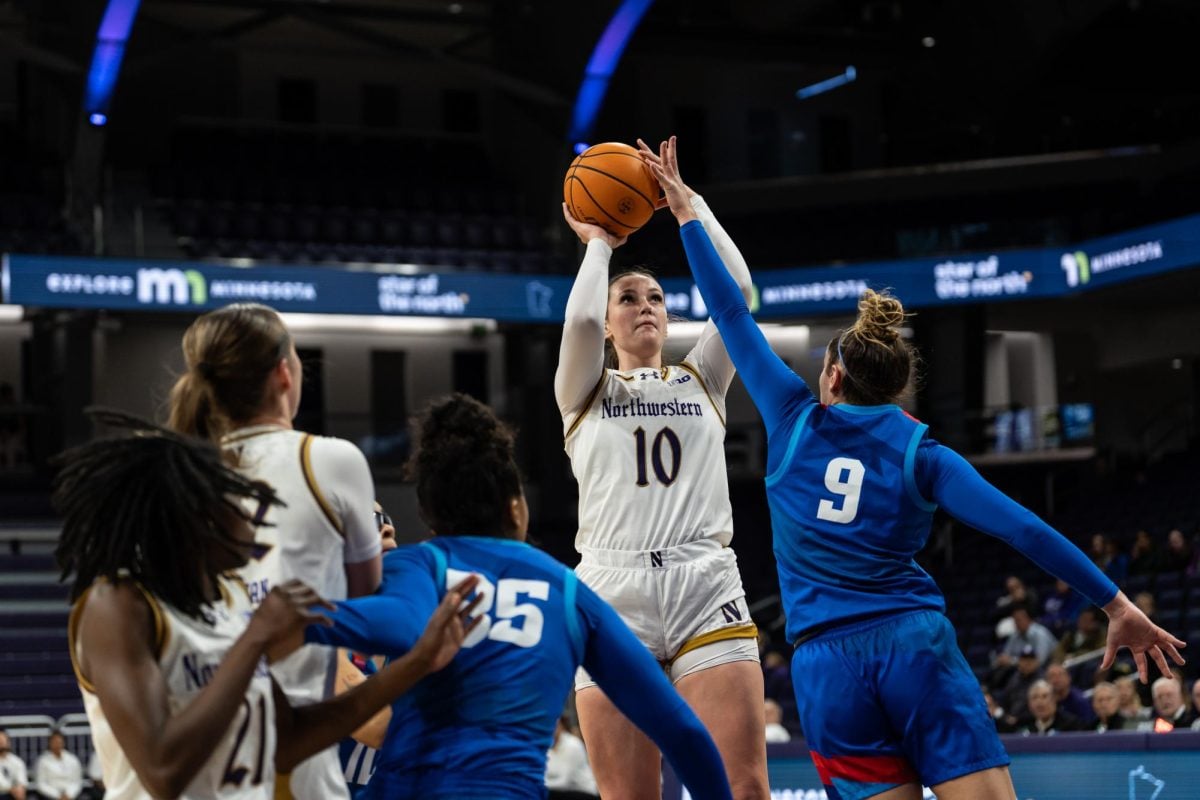Sustain Evanston awarded 44 Evanston businesses with grants of up to $25,000 as part of the city’s Climate Action and Resilience Plan Thursday at Temperance Beer Company, according to a city press release.
The grants aim to promote sustainable practices aligned with CARP in local businesses. From replacing inefficient appliances to installing solar panels, the grant covers sustainable projects, equipment and services in all industries.
Sustain Evanston launched in 2019 as a way to recognize Evanston businesses that have taken steps to achieve the city’s goal of carbon neutrality and sustainable practices. It began awarding grants in 2023, allocating over $200,000 to 18 Evanston businesses.
In 2024, the Sustain Evanston grant program expanded to $600,000 — with half a million coming from the city’s budget and $100,000 coming from Northwestern’s Good Neighbor Fund. NU’s donations were specifically used for landscapers to buy electric leaf blowers and rechargeable batteries. Over half of the businesses awarded a grant this year are local landscaping companies.
In 2023, Evanston banned the use of gas- and propane-powered leaf blowers due to concerns of noise and air pollution. Landscaping companies began transitioning to electric-powered leaf blowers and other equipment.
The city provided grants to help businesses transition, but many local landscaping companies said the money was not enough.
“(Electric leaf blowers have) outrageous prices — three times the price of a gas power blower,” said Hector Hernandez, a partner of Hector’s Landscaping and Tree Services. “(The city) didn’t even give us a full year to even get those funds.”
Evanston’s Sustainability and Resilience Manager Cara Pratt announced in a June City Council meeting that the original funds allocated for transitioning to electric leaf blowers had been exhausted.
Pratt requested $122,000 of additional funding for nine landscaping businesses that had yet to receive funds at the meeting, but the city council did not move forward with the request.
When the city banned gas- and propane- powered leaf blowers, Hernandez said it failed to reach out and inform the majority of the Hispanic community. Applications for electric leaf blowers from the city were long and hard for non-English speakers to complete, he said.
However, with the need to electrify expensive equipment, Hernandez said Pratt introduced many landscaping companies to Sustain Evanston’s sustainability grants.
DMAC Architecture & Interiors received a grant both in 2023 and 2024 to create a “pocket park” in an empty lot by their building. The plan was to create a biodiverse green space in what would have been a parking area, according to marketing associate Leslie Cousineau.
“The idea of it was to provide something that was more sustainable for the environment and for the city of Evanston and the neighborhood and us,” Cousineau said.
Cousineau said the park will absorb some of the rainfall and provide shade to help cool down the surrounding area. The second half of the grant will be paid upon completion of the park, which is scheduled to finish by the end of the year, she said.
As part of the grant, Hernandez said he received battery-powered leaf blowers, while other companies received funds to purchase them.
Apart from landscaping companies, the owner of Mack’s Bike & Goods, Kelly Mack, said she received a grant to replace inefficient air-conditioning in her building with a new heat pump, an environmentally friendly alternative.
As part of the Sustain Evanston grant program, Mack said Pratt visited her business to give recommendations on making her business more sustainable and applying for the grant.
“I hope that they consider figuring out ways to have the opportunity to expand it,” Mack said. “I know I have a lot of ideas in my head about things that I’d love to do to our space to make it more energy efficient and green.”
Email: [email protected]
Related Stories:
— A year after receiving Sustain Evanston grants, local businesses reflect on sustainability efforts

